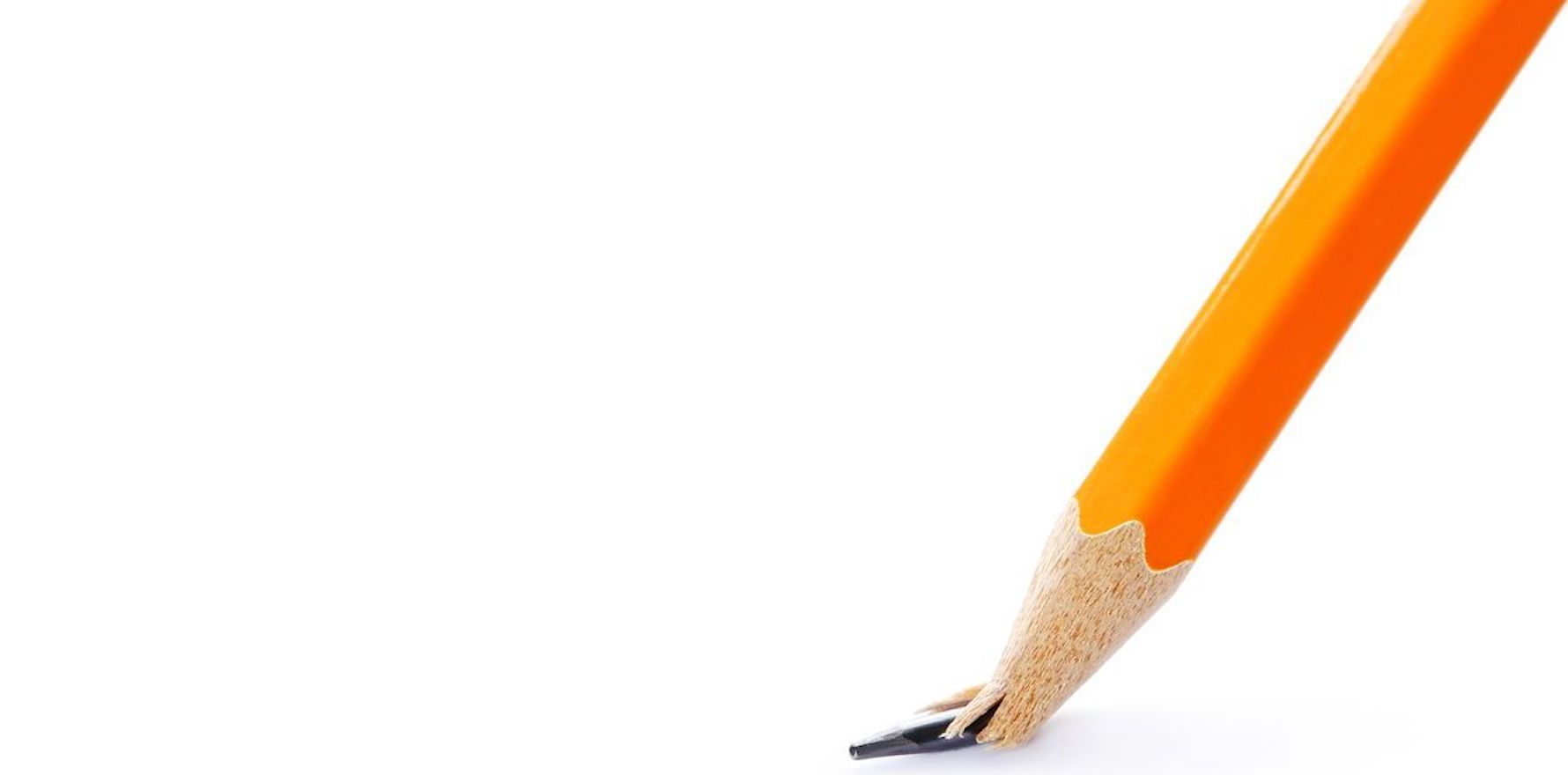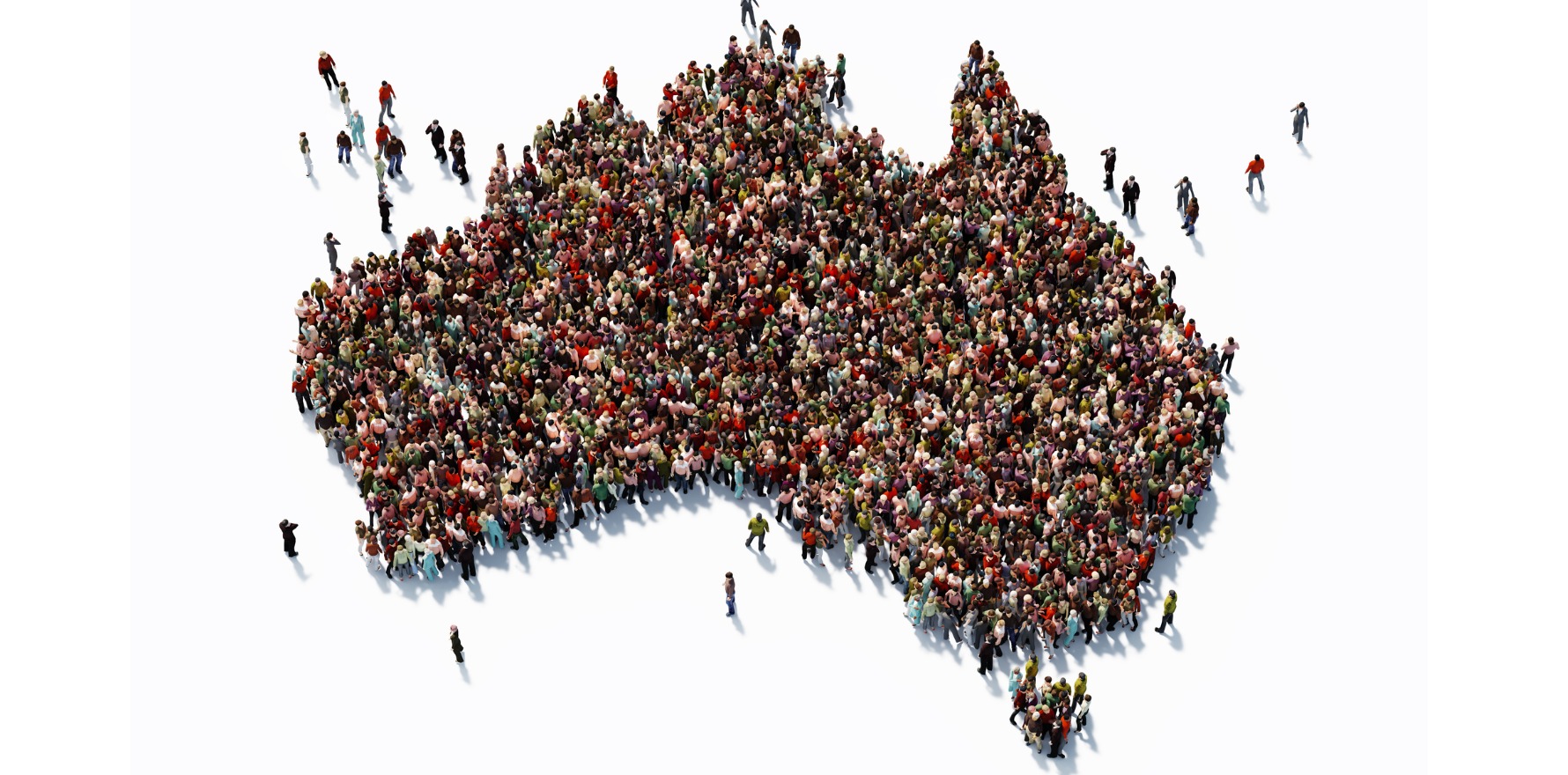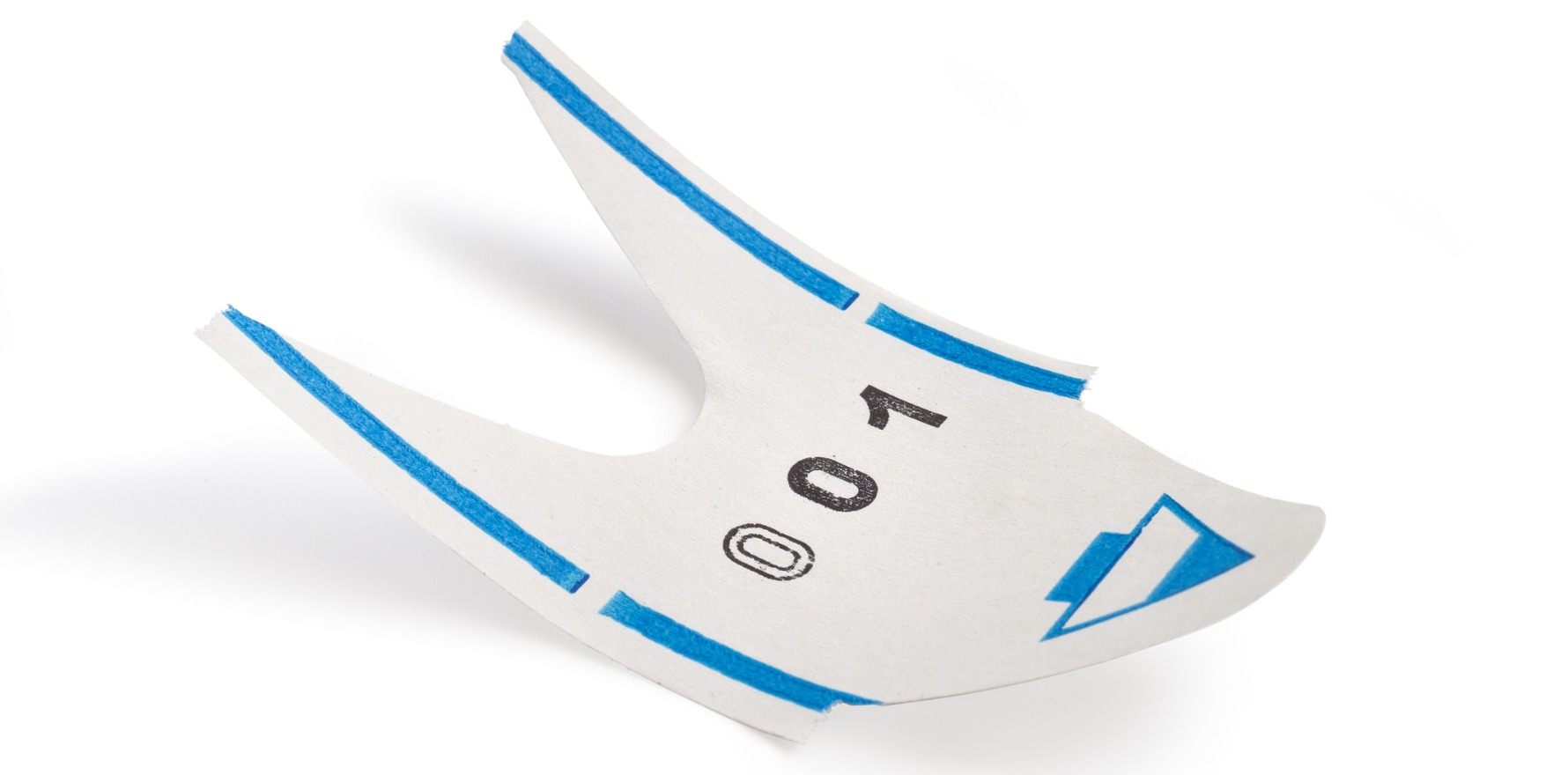The college of surgeons has confirmed that, for several years, it was grading specialist international medical graduates using an outdated, stricter standard.
The Royal Australasian College of Surgeons was meant to judge whether overseas-trained fellows were practicing at the standard of a first-year post-fellowship Australian surgeon.
Instead, it was judging them against the standard of a fifth-year post-fellowship Australian surgeon.
Between January 2021 and July 2024, the college repeated this error 215 times.
The error affected doctors who had earned their fellowship in a country other than Australia and were applying to have that qualification recognised in Australia by the relevant equivalent college – in this case, RACS – through the comparability specialist pathway.
Under that pathway, the college assessed individual applicants to determine whether their experience and training made them substantially comparable to an Australian-trained fellow, partially comparable to an Australian-trained fellow or non-comparable to an Australian-trained fellow.
Medical Board of Australia rules specified that the standard for comparison was that of a newly fellowed surgeon and that RACS was to consider each doctor’s proposed scope of practice.
Instead, RACS assessed international specialists at the level of a surgeon with five years of specialist practice and did not routinely consider their scope.
Those judged substantially comparable to an Australian surgeon undergo a period of up to 12 months’ supervised practice and complete professional development activities and upskilling before being officially awarded RACS fellowship.
The partially comparable specialists do 24 months of supervision as well as the professional development and upskilling activities and are also required to pass the fellowship exam before being awarded fellowship.
Being deemed non-comparable essentially puts the applicant back at unaccredited registrar status.
The RACS website advises these doctors to liaise with the Australian Medical Council to obtain general registration and apply to become a surgical registrar.
Related
Of the 215 doctors who were affected, The Medical Republic understands that 69 of the internationally trained surgeons were assessed as non-comparable and the remaining 146 were assessed as partially comparable.
“The deviation from the MBA assessment standard occurred in the context of ensuring the highest standards of patient safety and surgical care,” RACS CEO Stephanie Clota said.
“Once identified, immediate steps were taken to amend the policy, retrain assessors, and implement new assessments to bring all assessments back into alignment with the medical board’s standard.”
So far, RACS has not given an explanation for the delay between the college identifying the “deviation” from Medical Board rules in June 2024 and this public admission.
All 215 doctors have been offered a new assessment.
“Specialist International Medical Graduates … are an invaluable asset to the expertise and skill base of Australia’s surgical community and are assessed with standards set by the Medical Board of Australia to ensure consistently high standards of patient care,” Ms Clota said.
“RACS is committed to ensuring international medical graduates are welcomed into a system which is fair, consistent and safe.”
The college charges overseas trained doctors $10,650 to perform a specialist assessment.
When contacted for comment, the college did not confirm whether the affected doctors would be refunded their assessment fees or whether there was pending legal action in the matter.
The charges do not stop there; onsite supervision fees for substantially or partially comparable doctors cost between $8640 and $24,645, and fellowship exams for partially comparable doctors cost $10,465.
According to Medical Board data from 2024, the most common country of origin for overseas trained doctors applying for RACS recognition is the UK, followed by India, South Africa and Sri Lanka.
Of all the specialist colleges, RACS found the highest number of applicants non comparable in 2023.
The Medical Board, which thanked the college for its commitment to “transparency and accountability”, has now imposed a condition on RACS’ accreditation requiring that it develop and implement quality assurance processes going forward.
“We appreciate the work RACS has done to identify and address this issue and recognise the impact it may have had on international surgeons,” board chair Dr Susan O’Dwyer said.
AMA president Dr Danielle McMullen also welcomed RACS’ “transparency” in acknowledging its errors.
“We understand this is a very stressful time for those doctors, many of whom may reside in Australia,” she told TMR.
“We encourage any affected [international medical graduates] to seek support.
“[International medical graduates] in Australia can get support through Drs4Drs which provides independent, free, safe, supportive and confidential services across the country.”
Until last year, the responsibility for deciding which doctors were comparable to Australian fellows was entirely at the discretion of colleges; the new specialist fast-track pathway now allows some overseas-trained specialists to bypass the colleges entirely.
It is not yet open to surgeons.
The Drs4Drs telephone helpline is available 24 hours per day, 7 days per week, on 1300 374 377.





